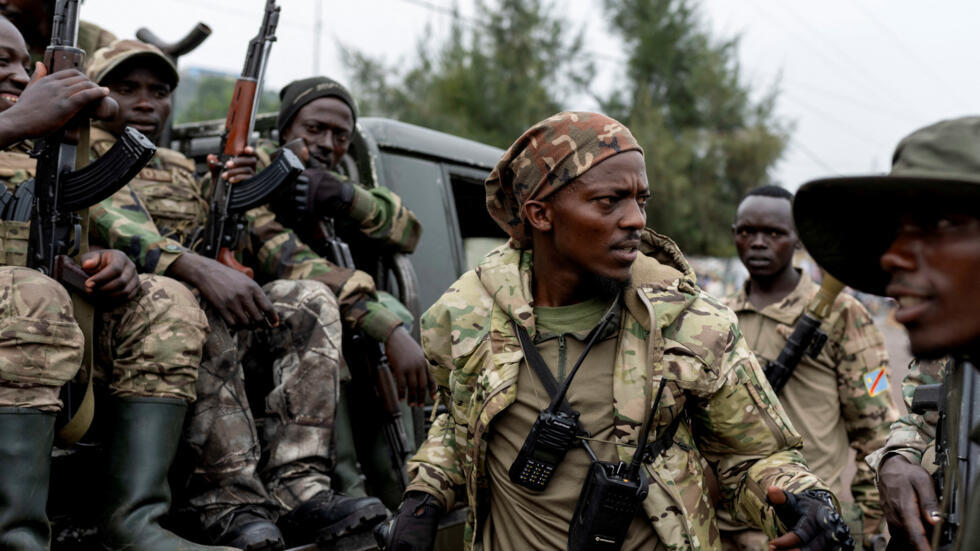
While a peace deal struggles to take root, the M23 armed group is consolidating its control over eastern Democratic Republic of Congo. The group has recruited officials, imposed taxes, and trained judges, soldiers, and police to create parallel structures to Kinshasa’s administration.
Eastern DRC, rich in minerals and bordering Rwanda, has suffered more than 30 years of conflict, worsened by M23’s resurgence in 2021. Early this year, the militia seized Goma and Bukavu, gaining control over vast territory that requires urgent reconstruction and governance.
Government banks and administrative services have shuttered, and civil servants have fled, leaving the M23 to fill the administrative vacuum. Corneille Nangaa, leader of M23’s political wing, said the group aims to establish a model of governance based on transparency and efficiency.
Experts say M23 seeks to convince both Congolese citizens and the international community of its governing capacity. The group appointed provincial governors, mayors, and local administrators, issuing identity papers and administrative documents for the first time.
Yet Goma and Bukavu remain without functioning police or courts, and residents report rising crime amid economic disruption. Since August, M23 unveiled a police force, partially drawn from former government officers, demonstrating riot drills and crime scene investigations.
It also launched a recruitment exam for over 500 lawyers to integrate them into its nascent judiciary, despite UN reports of arbitrary punishments. The militia has recruited 7,000 soldiers, many former army personnel, to secure its territory and counter pro-Kinshasa guerrillas in the rear.
With banks closed, M23 established a financial authority and imposed taxes on trade and mining, sparking grievances among a population already struggling. Civil society activists and trade unions have warned that the new levies are unbearable, compounding losses from conflict, inflation, and frozen savings.
